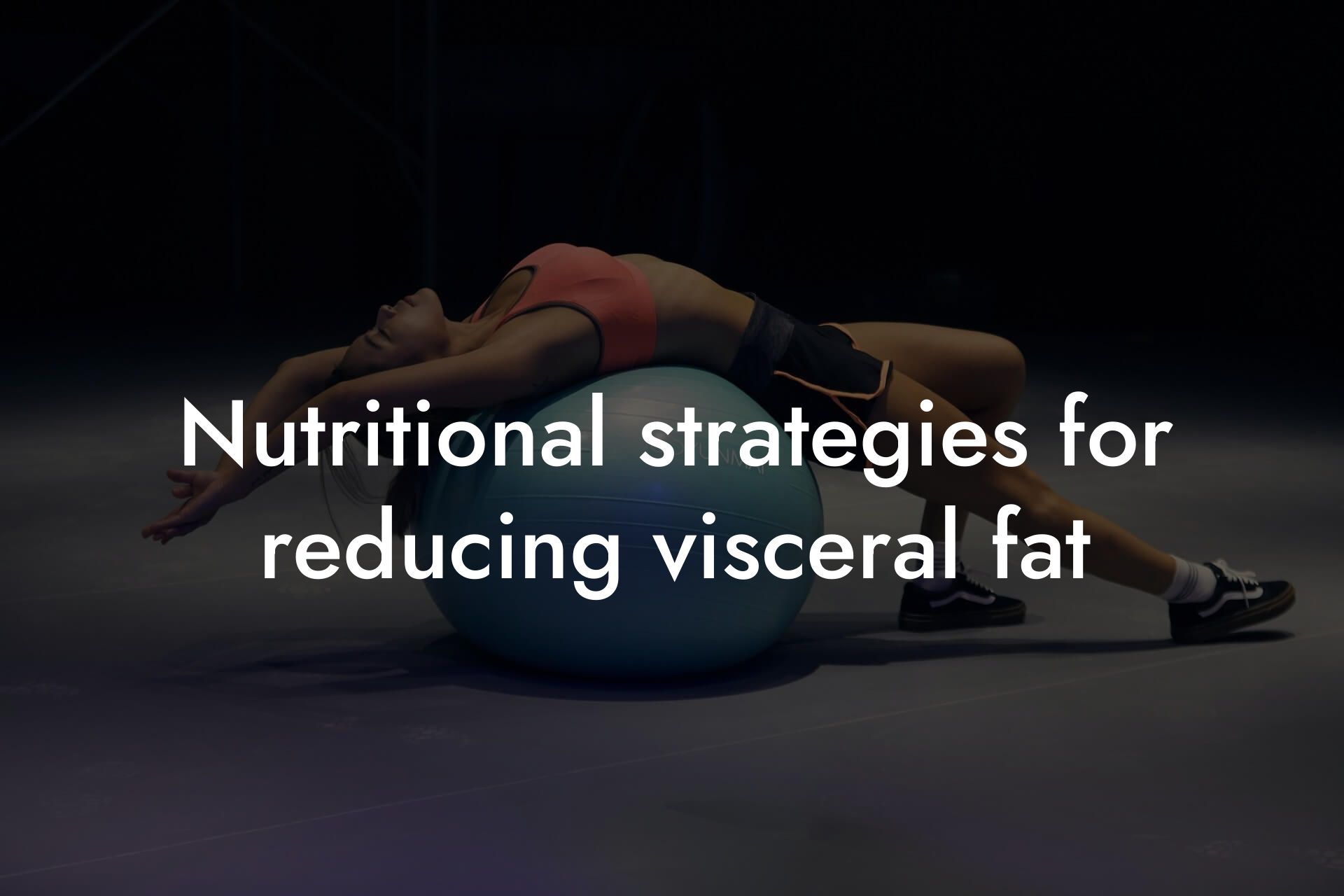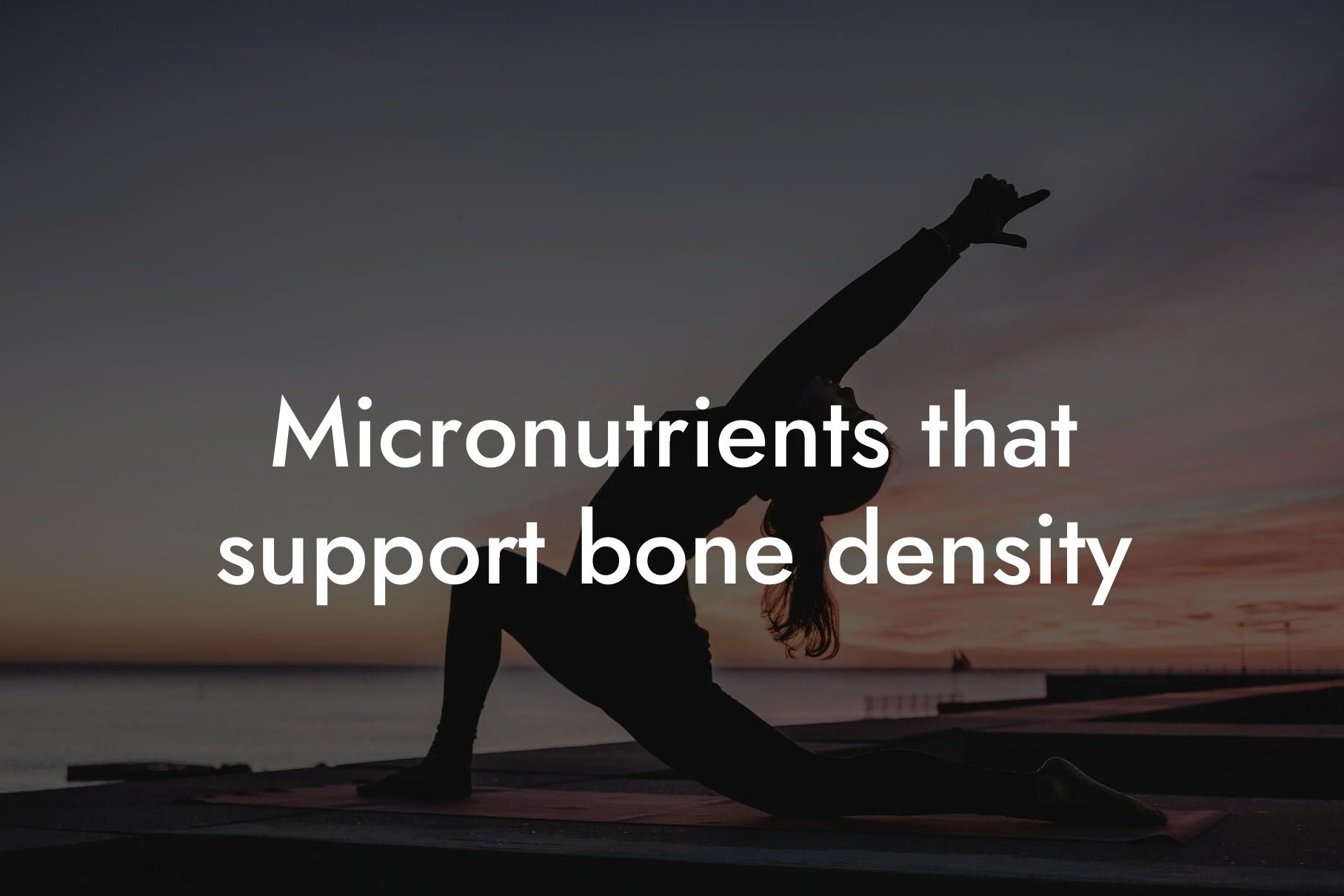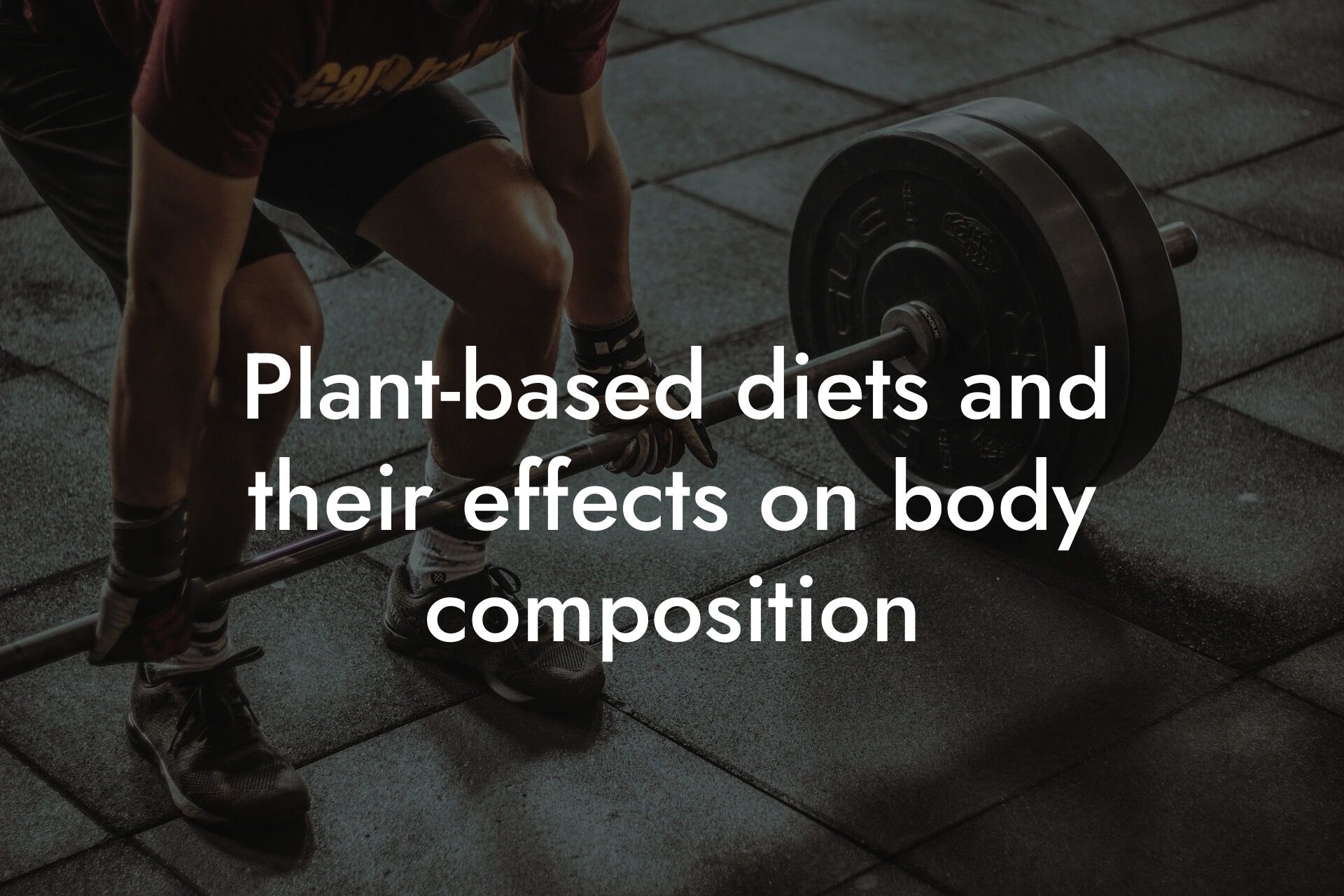As high-earning professionals, you understand the importance of maintaining a healthy and fit physique. A well-balanced body composition is not only aesthetically pleasing, but it also plays a crucial role in overall health and wellness. One often overlooked aspect of achieving optimal body composition is the role of antioxidants. In this article, we will delve into the importance of antioxidants, how they impact body composition, and provide you with the knowledge you need to make informed decisions about your health and fitness journey.
Table of Contents
What are Antioxidants?
Antioxidants are molecules that neutralize free radicals, which are unstable molecules that can cause oxidative stress and damage to cells. Free radicals are formed naturally in the body as a byproduct of metabolism, but they can also be introduced through environmental factors such as pollution, UV radiation, and poor diet. Antioxidants work by donating an electron to free radicals, stabilizing them and preventing them from causing harm.
The Impact of Oxidative Stress on Body Composition
Oxidative stress, caused by an imbalance of free radicals and antioxidants, can have a significant impact on body composition. When free radicals are left unchecked, they can damage cells, leading to inflammation and tissue damage. This can result in a range of negative effects, including:
- Increased fat storage and weight gain
- Decreased muscle mass and strength
- Impaired insulin sensitivity and glucose metabolism
- Reduced bone density
How Antioxidants Support Body Composition
A diet rich in antioxidants can help mitigate the negative effects of oxidative stress, supporting a healthy body composition. Antioxidants can:
- Enhance fat loss and improve insulin sensitivity
- Support muscle growth and strength
- Promote bone health and density
- Improve overall health and wellness
Food Sources of Antioxidants
Lucky for you, antioxidants are abundant in a variety of delicious and nutritious foods. Some of the richest sources of antioxidants include:
- Berries (blueberries, strawberries, raspberries)
- Leafy greens (spinach, kale, collard greens)
- Nuts and seeds (almonds, sunflower seeds, pumpkin seeds)
- Fatty fish (salmon, tuna, mackerel)
- Sweet potatoes
- Tomatoes
Antioxidant-Rich Supplements
In addition to a balanced diet, certain supplements can provide an extra boost of antioxidants. Some of the most effective antioxidant-rich supplements include:
- Vitamin C
- Vitamin E
- Coenzyme Q10 (CoQ10)
- Polyphenol-rich extracts (green tea, grape seed)
- Omega-3 fatty acids
Measuring Antioxidant Status
While it's impossible to directly measure antioxidant levels in the body, there are several biomarkers that can indicate antioxidant status. These include:
- Glutathione levels
- Vitamin C and E levels
- Malondialdehyde (MDA) levels, a marker of oxidative stress
- DNA damage markers
Incorporating Antioxidants into Your Fitness Journey
As a high-earning professional, you understand the importance of taking a holistic approach to your fitness journey. Incorporating antioxidants into your diet and supplement routine can have a significant impact on your body composition and overall health. Here are some tips to get you started:
- Focus on whole, nutrient-dense foods
- Incorporate antioxidant-rich supplements into your routine
- Stay hydrated and manage stress levels
- Get regular body composition assessments using a DEXA machine to track your progress
By prioritizing antioxidants and taking a proactive approach to your health and fitness, you can achieve a leaner, stronger, and healthier body. Remember, a well-balanced body composition is just the beginning – it's the foundation upon which you can build a life of optimal health and wellness.
Frequently Asked Questions
What are antioxidants and how do they relate to body composition?
Antioxidants are substances that neutralize free radicals, which are unstable molecules that can cause oxidative stress and damage to cells. In the context of body composition, antioxidants play a crucial role in maintaining optimal health and physique by reducing inflammation, improving insulin sensitivity, and enhancing muscle function.
What are free radicals, and how do they affect body composition?
Free radicals are unstable molecules that can cause oxidative stress, leading to cellular damage and inflammation. In the context of body composition, free radicals can disrupt muscle function, increase fat storage, and decrease bone density, ultimately affecting overall physique.
How do antioxidants reduce inflammation in the body?
Antioxidants reduce inflammation by neutralizing free radicals, which in turn reduces the production of pro-inflammatory molecules. This helps to mitigate chronic inflammation, which is a major contributor to many diseases and can negatively impact body composition.
What are the best antioxidant-rich foods for improving body composition?
Some of the best antioxidant-rich foods for improving body composition include berries, leafy greens, nuts, seeds, and fatty fish. These foods are rich in vitamins C and E, beta-carotene, and other antioxidants that can help reduce oxidative stress and improve overall health.
Can antioxidant supplements improve body composition?
While antioxidant supplements can provide some benefits, whole foods should always be the primary source of antioxidants. However, certain supplements like CoQ10, alpha-lipoic acid, and N-acetylcysteine (NAC) may be beneficial in reducing oxidative stress and improving body composition.
How does oxidative stress affect muscle function and growth?
Oxidative stress can impede muscle function and growth by reducing muscle protein synthesis, increasing muscle damage, and impairing muscle recovery. Antioxidants can help mitigate these effects by reducing oxidative stress and promoting optimal muscle function.
What is the relationship between antioxidants and insulin sensitivity?
Antioxidants can improve insulin sensitivity by reducing oxidative stress and inflammation, which are major contributors to insulin resistance. Improved insulin sensitivity can help regulate blood sugar levels and promote weight loss and muscle growth.
Can antioxidants improve bone density?
Yes, antioxidants can improve bone density by reducing oxidative stress and inflammation, which can contribute to bone loss. Antioxidants like polyphenols and flavonoids have been shown to promote bone health and reduce the risk of osteoporosis.
How do antioxidants affect body fat percentage?
Antioxidants can help regulate body fat percentage by improving insulin sensitivity, reducing inflammation, and promoting optimal hormone function. This can lead to increased fat loss and improved overall body composition.
What is the role of antioxidants in reducing muscle soreness and fatigue?
Antioxidants can reduce muscle soreness and fatigue by reducing oxidative stress and inflammation, which can contribute to muscle damage and fatigue. This can help improve exercise performance and reduce recovery time.
Can antioxidants improve exercise performance?
Yes, antioxidants can improve exercise performance by reducing oxidative stress, improving muscle function, and enhancing endurance. This can lead to improved athletic performance and overall physical fitness.
How do antioxidants interact with other nutrients in the body?
Antioxidants interact with other nutrients like vitamins, minerals, and omega-3 fatty acids to provide optimal health benefits. For example, vitamin C can enhance the effects of vitamin E, while omega-3 fatty acids can reduce inflammation and promote antioxidant function.
What are the potential risks and side effects of antioxidant supplementation?
While antioxidants are generally safe, high doses of certain supplements can cause side effects like gastrointestinal upset, allergic reactions, and interactions with medications. It's essential to consult with a healthcare professional before starting any supplement regimen.
How can I incorporate antioxidants into my daily routine?
Incorporating antioxidants into your daily routine can be as simple as eating a balanced diet rich in fruits, vegetables, and whole grains. You can also consider taking antioxidant supplements, drinking antioxidant-rich beverages like green tea, and reducing exposure to environmental toxins.
What is the recommended daily intake of antioxidants?
There is no specific recommended daily intake of antioxidants, as it can vary depending on individual factors like age, health status, and lifestyle. However, a diet rich in whole foods and a balanced supplement regimen can provide optimal antioxidant benefits.
Can antioxidants help with weight loss?
Yes, antioxidants can help with weight loss by improving insulin sensitivity, reducing inflammation, and promoting optimal hormone function. This can lead to increased fat loss and improved overall body composition.
How do antioxidants affect hormone function and balance?
Antioxidants can affect hormone function and balance by reducing oxidative stress and inflammation, which can disrupt hormone production and regulation. This can lead to improved hormone balance and overall health.
What is the relationship between antioxidants and mental health?
Antioxidants can improve mental health by reducing oxidative stress and inflammation, which can contribute to depression, anxiety, and other mental health disorders. Antioxidants like omega-3 fatty acids and vitamin D have been shown to have a positive impact on mental health.
Can antioxidants improve skin health and appearance?
Yes, antioxidants can improve skin health and appearance by reducing oxidative stress and inflammation, which can cause skin damage and aging. Antioxidants like vitamin C and CoQ10 have been shown to improve skin elasticity and reduce the appearance of fine lines and wrinkles.
How do antioxidants interact with medications and other supplements?
Antioxidants can interact with medications and other supplements, so it's essential to consult with a healthcare professional before starting any supplement regimen. For example, antioxidants like vitamin E can interact with blood thinners and increase the risk of bleeding.
What are the potential benefits of antioxidants for athletes and fitness enthusiasts?
Antioxidants can provide numerous benefits for athletes and fitness enthusiasts, including improved exercise performance, reduced muscle soreness and fatigue, and enhanced recovery. Antioxidants can also help reduce the risk of injury and improve overall health and well-being.
How can I measure the effectiveness of antioxidants on my body composition?
Measuring the effectiveness of antioxidants on body composition can be done through various methods, including body fat percentage measurements, blood tests for oxidative stress and inflammation, and tracking exercise performance and recovery. It's essential to work with a healthcare professional to determine the best methods for your individual needs.
Here are some related articles you might love...
- Nutritional strategies for reducing visceral fat
- Micronutrients that support bone density
- Plant-based diets and their effects on body composition
- Omega-3 fatty acids and their impact on body fat
- Carb cycling for fat loss and muscle gain
- The impact of alcohol on body composition
- Nutritional timing for optimal muscle growth
- Probiotics and gut health: Their role in body composition
- The benefits of collagen for bone and muscle health
Zak Faulkner
Zak Faulkner is a leading authority in the realm of physical health and body composition analysis, with over 15 years of experience helping professionals optimise their fitness and well-being. As one the experts behind Tano Performance Group, Zak has dedicated his career to providing in-depth, science-backed insights that empower clients to elevate their physical performance and overall health.
With extensive knowledge of DEXA technology, Zak specializes in delivering comprehensive body assessments that offer precise data on body fat, muscle mass, bone density, and overall physique. His expertise enables individuals to make informed decisions and achieve their fitness goals with accuracy and confidence. Zak’s approach is rooted in a deep understanding of human physiology, combined with a passion for helping clients unlock their full potential through personalised strategies.
Over the years, Zak has earned a reputation for his commitment to excellence, precision, and client-focused service. His guidance is trusted by top professionals who demand the best when it comes to their health. Whether advising on fitness programs, nutritional strategies, or long-term wellness plans, Zak Faulkner’s insights are a valuable resource for anyone serious about taking their health and fitness to the next level.
At Tano Performance Group, Zak continues to lead our Content Team revolutionising how professionals approach their physical health, offering unparalleled expertise that drives real results.




